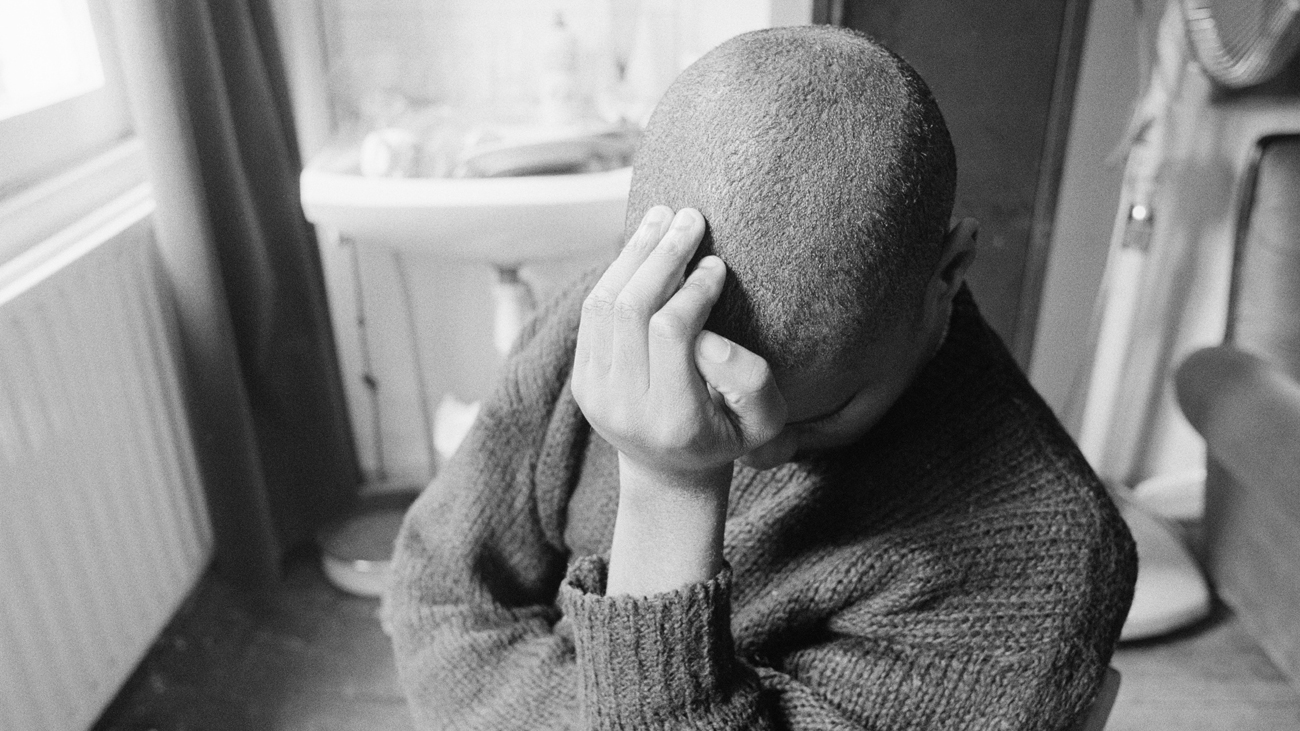New research suggests musicians are up to three times more likely to suffer from depression than the general public.
The Can Music Make You Sick survey carried out by Help Musicians UK (HMUK) is the largest of its kind ever carried out in the UK and 71% of those taking part said they had experienced anxiety and panic attacks, while 65% had suffered from depression.
According to HMUK, the figures show that musicians are three times more likely to have depression than people in other lines of work.
HMUK chief executive Richard Robinson says: “Sadly the results of this survey don’t come as a surprise and paint a concerning picture of the conditions for those working in the music industry.
“This survey is a vital first step in helping us to establish the scale of the problem and it highlights the importance of the next phases of the survey, which will provide us with recommendations for launching the first music industry specific mental health service.
“As the leading independent charity for musicians we are in unique position to commission this study and be able to look at the impact that working in the music industry has on people’s mental health.”
- Thy Art Is Murder and the story behind the Depression Sessions EP
- Simmons speaks out on depression comments
- Music therapy reduces depression
- Sharon Osbourne’s depression battle
Participants in the survey put their depression down to poor working conditions within the industry, such as “the difficulty of sustaining a living, anti-social working hours, exhaustion and the inability to plan their time or future.”
HMUK says 2211 musicians took part in the survey and that the majority of respondents, 66.2%, were between the ages of 18 and 35, with a gender split of 55.2% male and 43.9% female.
Can Music Make You Sick is part of HMUK’s ongoing Music and Depression campaign.
Depression has struck a long line of rock and metal musicians including Lamb Of God’s Randy Blythe, Ginger Wildheart, former In Flames guitarist Jesper Stromblad and Killswitch Engage singer Jesse Leach, among many others.
Earlier this year, Emerson, Lake and Palmer keyboard icon Keith Emerson took his own life after a battle with depression.
Slipknot frontman Corey Taylor attempted suicide twice when he was a teenager. Offering encouragement to others, Taylor said: “There is always light at the end of the tunnel. It’s all temporary. Pain is temporary – depression is temporary. You are stronger than you know. You can get through it.”
Help dealing with depression is available via a range of charities, including Mind in the UK and, in the US, the Anxiety And Depression Association Of America.
